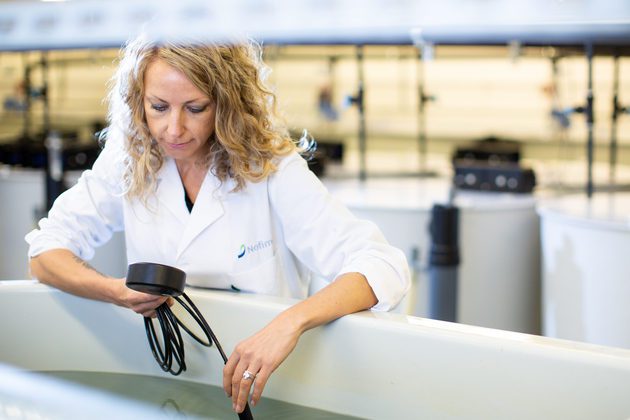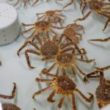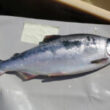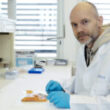Insight
Insight into Fish Health under Climate Change

In this project, we study how different climate scenarios and subsequent climate changes can affect the farming of salmon and cod in Norway.
Start
01. Jan 2021
End
31. Dec 2023
Funded by
Nofima
Cooperation
University of Stirling, Scotland and Institute of Marine Research, Norway
Project Manager(s):
Background
Aquaculture is a key to increased fish production to meet the worlds growing demand for food. However, climate change threatens global food production, including seafood.
Aquaculture producers must be equipped with knowledge on how the farm environment is changing and the effects it may have on production, in order to maintain productivity and sustainability.
Climate change will affect many different aspects of aquaculture production, and the impact of climate change will vary considerably within the sector, as well as the ability to adapt and respond.
Production at an aquaculture site is influenced by many different climate, biological, and environmental factors that vary spatially and temporally. Together with management decisions and socio-economic issues, these factors create a complex system with several different interconnected components that must be considered to successfully farm an aquaculture species.
Multiple climate stressors, how they interact, and their singular and compound effects, are recognised as an area that needs attention to maintain or increase aquaculture production under climate change. The health status of fish is a predictor of production success and sustainability, therefore, understanding the impacts of climate change on fish health necessitates a holistic approach.
Goal
Insight aims to establish a better understanding of the impacts and interactions of climate-related stressors on fish health.
Sub goals
- Evaluate the effects of new climate scenarios on aquaculture production in Norway
- Evaluate compound effects of climate change and production practices, like increased temperature, reduced dO2, parasite treatments, handling and/or diseases on fish health
- Evaluate the complexities of climate change in commercial production settings
- Develop new tools to study the effect of environmental conditions on fish health
- Disseminate information on climate change & aquaculture to a wide range of stakeholders
What we do
There is an urgent need to consider how climate change impact on local farm setting and variability should be addressed and how biological thresholds and tipping points are identified. SIS Insight focuses on understanding the impacts and interactions of climate-related stressors on aquaculture, especially how the fish health of Atlantic salmon and cod is affected.
Insight will study 4 main research areas:
- The impact of climate change along the coast of Norway
- Near-future climate stressors in tank-based trials to understand biological responses and adaptations
- Data from different salmon farms to understand the complexities of climate change-aquaculture interactions in commercial settings
- Communication of results to a wide range of stakeholders to address the importance of having climate change and aquaculture impact assessments in focus.
To achive this, we will use theoretical and empirical strategies to evaluate how climate change affects fish health, including historical and current environmental data, future climate projections, environmental and biological models, field data, and controlled in vivo and in vitro fish trials.
Health and its relation to growth and welfare of Atlantic salmon and cod, two important fish species in Norwegian aquaculture, will be the focus.
The project will lead to a greater understanding of the effects of environmental changes on aquaculture, knowledge on how multiple stressors affect environmental thresholds in salmon farming and overall fish health, and ultimately, contribute to securing sustainable aquaculture under the threat of climate change.
Strategic priority areas
Nofima invests its own resources in order to increase competence in useful, relevant and innovative areas and strengthen our position among the leading applied research institutes.





